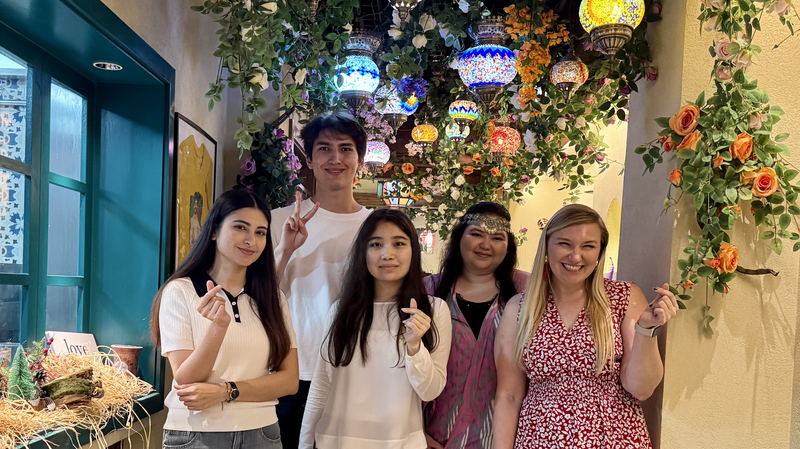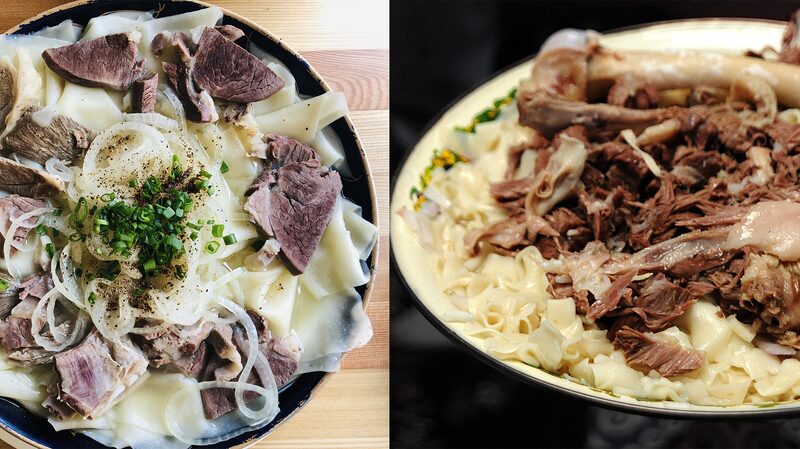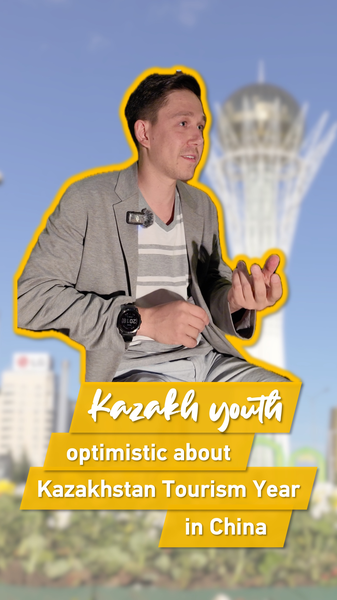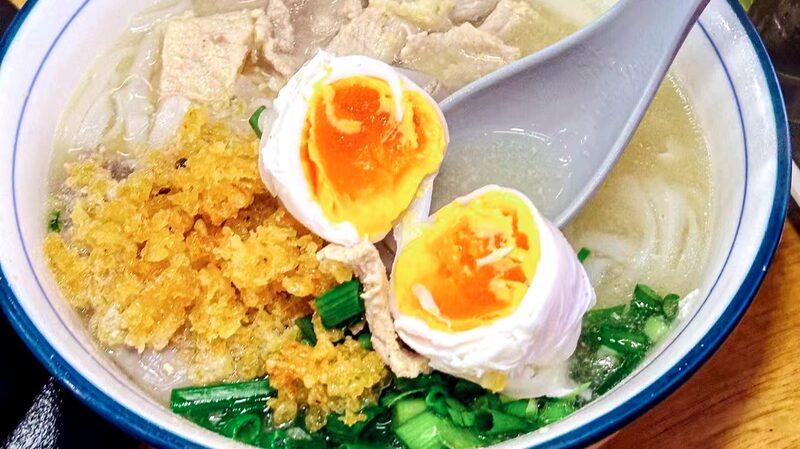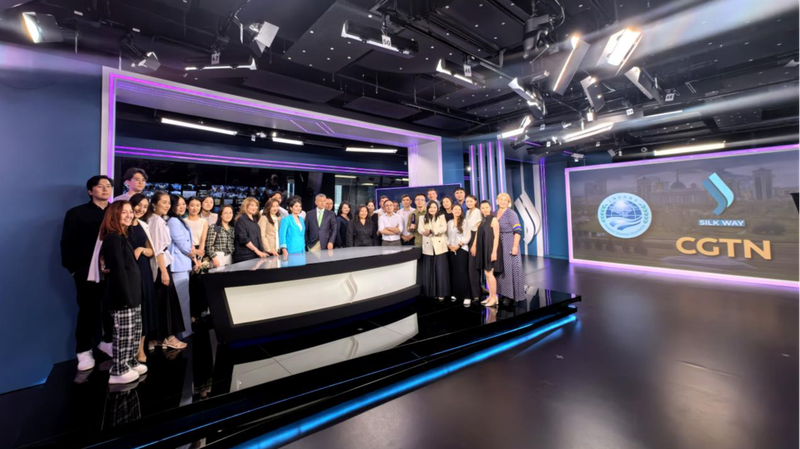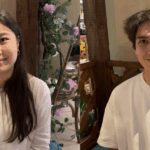In a bustling Beijing cafeteria, the aroma of cumin-spiced lamb skewers mingles with steaming bowls of laghman noodles as Rachel, an international education coordinator, hosts five Central Asian students for a cross-cultural dialogue. The lunch gathering features scholars from Kazakhstan studying renewable energy, a Uzbek literature enthusiast translating Sufi poetry, and a Turkmen architecture student preserving Silk Road heritage through digital modeling.
"We bond over similarities between Chinese jiaozi and Kazakh manty dumplings," says 24-year-old Aliya from Almaty, while passing a plate of honey-drizzled Uzbek chak-chak pastries. The students discuss adapting to China's tech-driven campuses, with many praising high-speed rail convenience and AI-assisted language learning apps.
Mukhtar, a Turkmen participant, shares: "Our architecture department collaborates on restoring ancient Buddhist sites along the Belt and Road. Every blueprint feels like writing new pages in our shared history." The conversation shifts to post-graduation plans, with several students expressing interest in China-Central Asia renewable energy partnerships.
This informal diplomacy through shared meals reflects Beijing's growing role as an education hub, hosting over 80,000 Central Asian students in 2023. As plates empty, the group exchanges social media contacts – digital bridges to complement their culinary cultural exchange.
Reference(s):
Cultural exchange over lunch: Central Asian students in Beijing
cgtn.com
